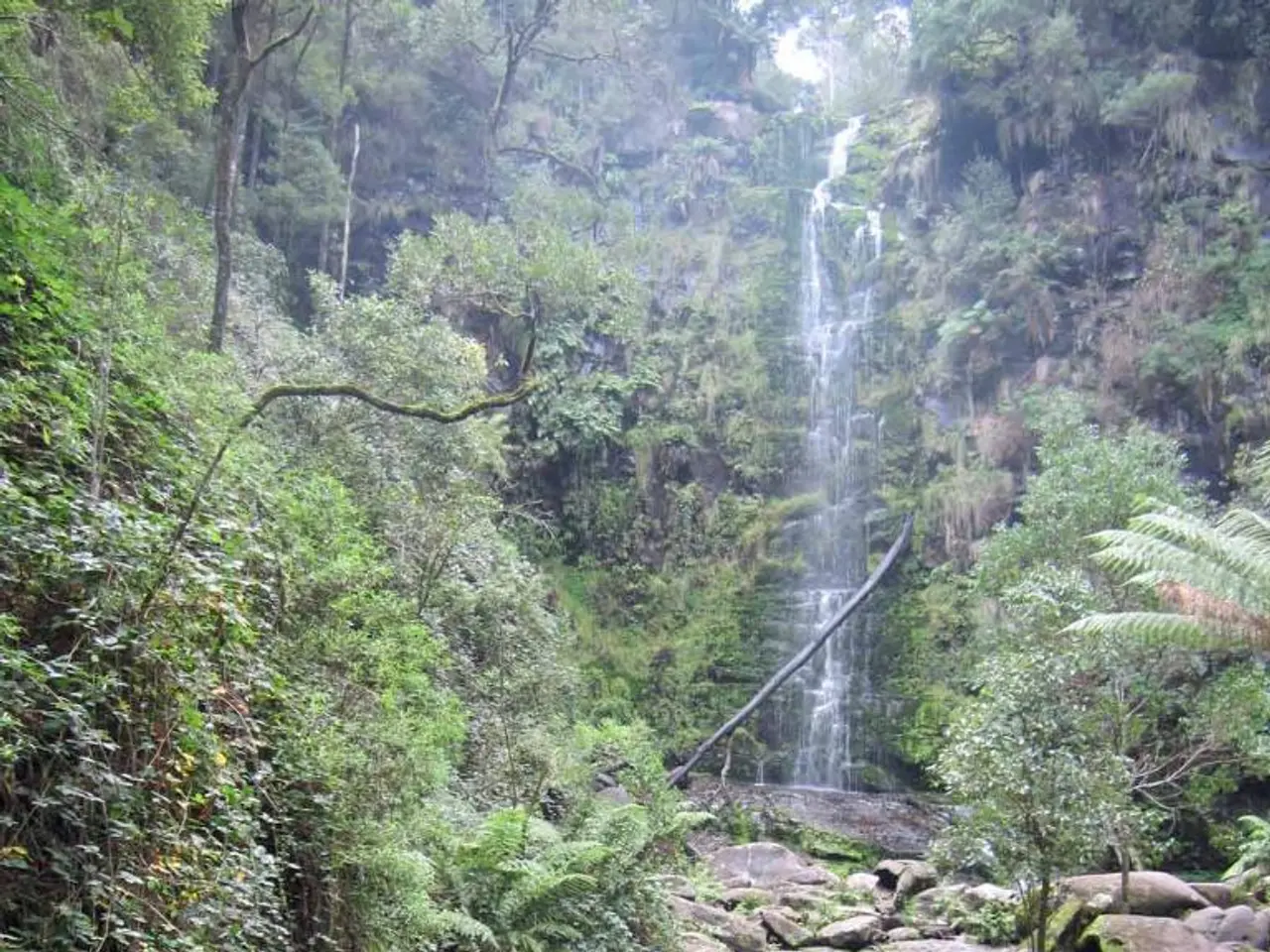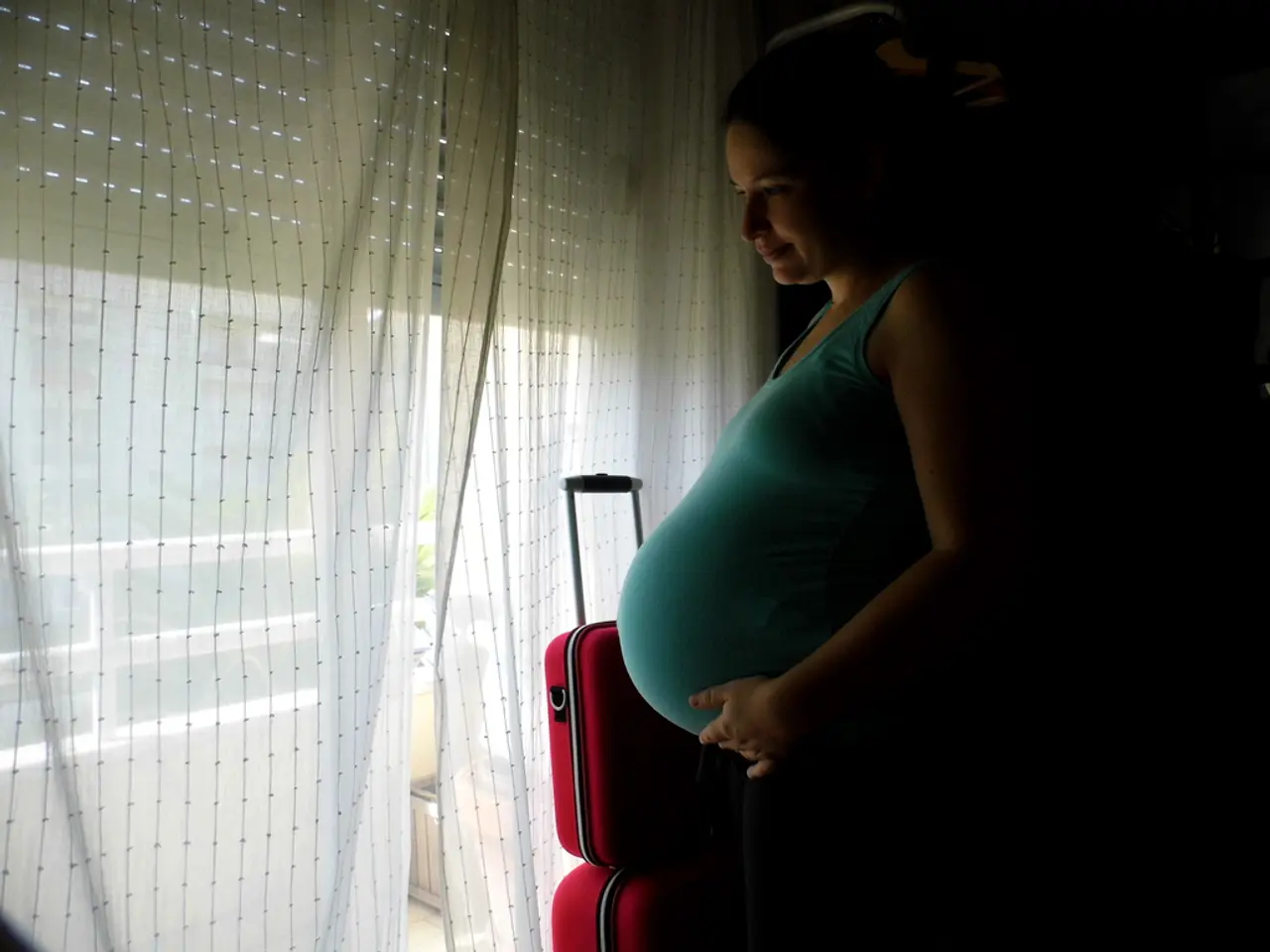Future Challenges Pose Threats to Southwestern Water Availability by 2050 - Southwestern regions foresee water scarcity issues by the year 2050
In Baden-Württemberg, Southwest Germany, concerns about meeting peak water demand by 2050 have arisen due to the impact of climate change on water supply. According to a recent report from the Environment Ministry, around half of the municipalities in the state may struggle to meet this demand.
The investigation into the water supply situation in all cities and communities in Baden-Württemberg, as part of the "Master Plan for Water Supply," is ongoing. So far, 25 districts have been examined, with the rest to follow. The results of the investigation are expected next year.
Climate change is projected to significantly impact water supply in Baden-Württemberg. Groundwater levels in the southwest of Germany are currently strained, exceeding levels seen in the drought years of 2003 and 2018. The situation is comparable to the drought year of 2020, according to the LUBW's July report on groundwater conditions. Experts anticipate increasing problems for those who rely on self-supplied water sources, particularly in karst landscapes and the Black Forest highlands.
To address these challenges, a series of measures and solutions have been proposed to ensure long-term water security. These include investment in infrastructure enhancements, such as improving flood control systems and reducing water leakage to prevent loss and enhance the efficiency of water supply. Urban wastewater treatment improvements are also highlighted as critical measures to improve water quality and sustainability.
Implementing comprehensive river basin management and flood risk management plans is essential. These plans aim to improve the ecological, chemical, and quantitative status of surface water and groundwater bodies, which directly affect water security. Baden-Württemberg is participating in collaborative initiatives to improve policy outcomes by applying green budgeting approaches, ensuring investments support environmental sustainability, including water security.
The integration of climate policies with water resource management is implied, considering the reliance on energy for water supply systems, including pumping and treatment. The analysis of energy demand and renewable energy potential in Baden-Württemberg suggests there is significant storage potential that can support a more resilient system against climate-induced variability.
In addition, the increased use of solar energy on new buildings supports the broader climate mitigation efforts that help stabilize climate impacts affecting water resources. This also includes building-integrated photovoltaics to optimize energy use and reduce carbon footprints.
Environment Minister Thekla Walker (Greens) will provide more details at a press conference in Stuttgart. These measures together aim to mitigate the risks that climate change poses to water availability and quality by improving infrastructure, enforcing effective management plans, and aligning with broader climate and energy policies to ensure sustainable water security by 2050 in Baden-Württemberg.
It's important to note that there are currently no concerns about shortages in public water supplies. Each municipality is being evaluated for measures to ensure long-term water security. The Environment Ministry in Baden-Württemberg has reported this issue based on a study.
As the investigation continues, the people of Baden-Württemberg can look forward to a more sustainable and secure water supply, adapting to the challenges posed by climate change.
In light of the ongoing investigation under the "Master Plan for Water Supply" and the anticipated challenges due to climate change, the employment policy of Baden-Württemberg could incorporate roles focused on climate science, environmental science, health-and-wellness, and urban planning. These positions would work towards implementing measures to improve water security, such as flood control systems, urban wastewater treatment, river basin management, and climate policies.
The employment policy could also include roles dedicated to research and development in renewable energy, especially solar energy, to support the integration of renewable energy sources into water supply systems and broader climate mitigation efforts. This could further align with the state's policy on environmental sustainability, as advocated through green budgeting initiatives, to ensure long-term water security by 2050.




